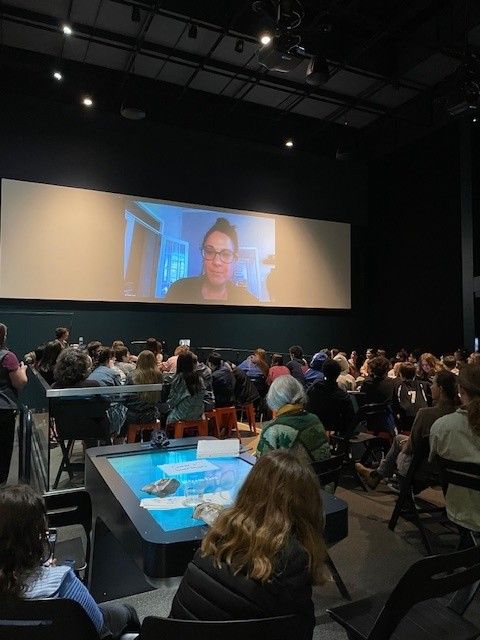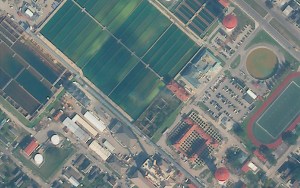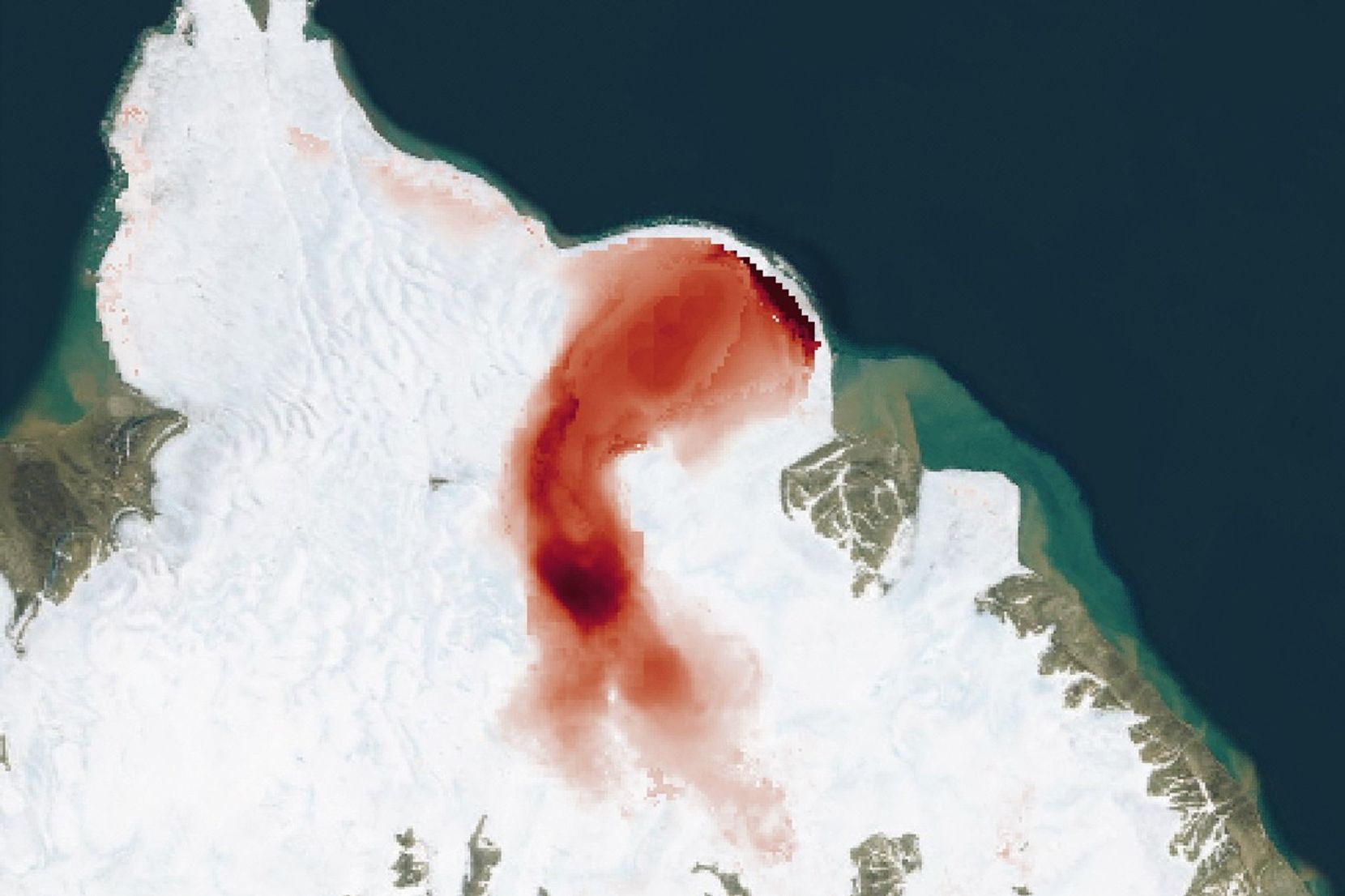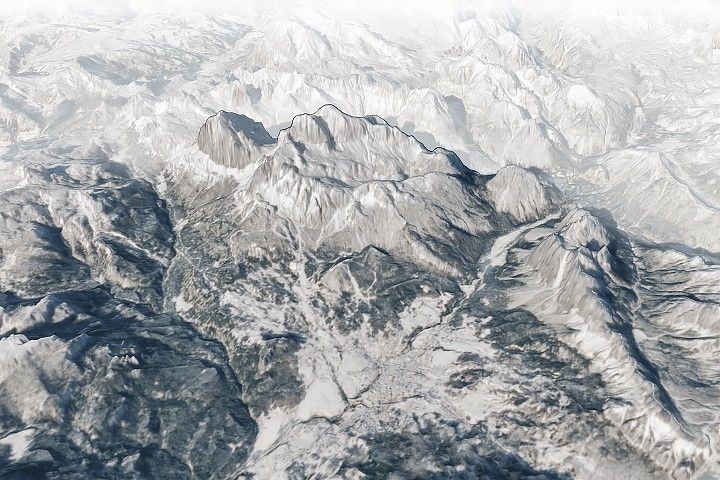Within the scientific community, peer review has become the process norm for which an author’s research or ideas undergo careful examination by other experts in their field. It encourages each scientist to meet the high standards that they themselves, as writers and reviewers, have aided in setting. It has become essential to the academic writing practice.
Historically, the peer review process has been limited to higher education and scholars more established in their academic careers. It has been required by only the more reputable publications, which can mean that lesser-known journals that don’t require this rigorous peer review process contain lower quality or less reliable information.
In an effort to give scientists of all ages the opportunity to participate in and contribute to the advancement of human knowledge in a meaningful and reliable way, the Gulf of Maine Research Institute (GMRI) began publishing Findings from the Field, a journal of student ecological and environmental science, launched in 2017. Students conduct authentic scientific inquiry, subject their research to the peer review process, and submit their revised work for editorial board review before publication—the same process a NASA scientist must go through! This hands-on, real-world experience in scientific communication sharpens these young scientists’ skills and immerses them in the collaborative nature of research—an essential foundation for the next generation of scientists.
After 7 years and 7 published volumes, Findings from the Field was ready to expand, and the Findings Student Research Symposium was launched. The Symposium was a success from the start, with 65 student scientists joining the event the first year and attendance climbing to 95 for year two. On March 10, 2025, GMRI (the anchor institution for the NASA Science Activation program’s Learning Ecosystems Northeast (LENE) project) welcomed nearly 100 young scientists, ranging from grades 5-12. These students, representing eight schools across Maine and New Hampshire, came together to share their research and engage in an evolving, intergenerational scientific community—one that fosters curiosity, collaboration, and scientific discovery.
Students presented their research through posters and live presentations, covering topics ranging from invasive green crab species, to the changing landscapes of Ash and Hemlock trees, and more. By connecting students with professional researchers, fostering peer discussions, and providing a platform for publishing legitimate scientific work, the Findings Symposium is a launch pad for the future of the scientific community.
One important element of the Symposium is the opportunity for young scientists to dialogue with professional scientists. Students engaged with researchers from Markus Frederich’s lab at the University of New England, volunteers from local organizations like Unum and Avangrid, and expert staff from GMRI.
Student Madalyn Bartlett from Sacoppee Valley Middle School shared, "It makes me feel really proud, because I get to talk to professional scientists that have a lot of experience in this, and it make me feel like I am contributing to something bigger than my school and my community.”
These interactions emphasize that science isn’t confined to white coats and labs—it’s about curiosity, observation, and shared knowledge. The keynote speaker, Kat Gardner-Vandy from a former NASA Science Activation project team, Native Earth | Native Sky, reinforced this message, inspiring students to see themselves as vital contributors to science and our collective knowledge about the world.
The Learning Ecosystems Northeast project is supported by NASA under cooperative agreement award number NNX16AB94A and is part of NASA's Science Activation Portfolio. Learn more about Learning Ecosystems Northeast: https://www.learningecosystemsnortheast.org/




































